International Medical Card
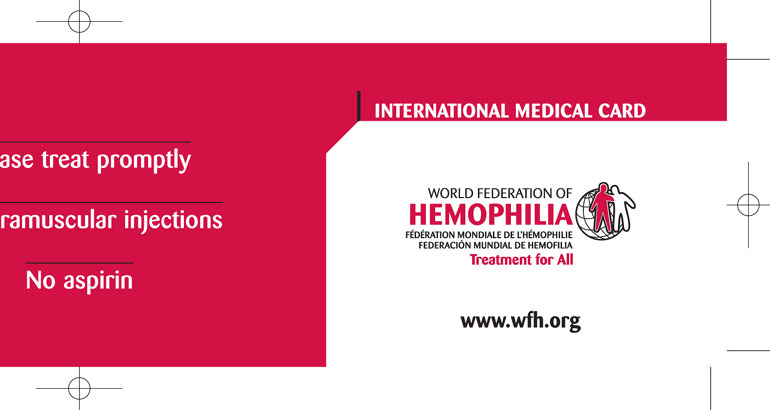
The World Federation of Hemophilia International Medical Card provides critical information to others in the case of an emergency.
Desmopressin (DDAVP) – Polish
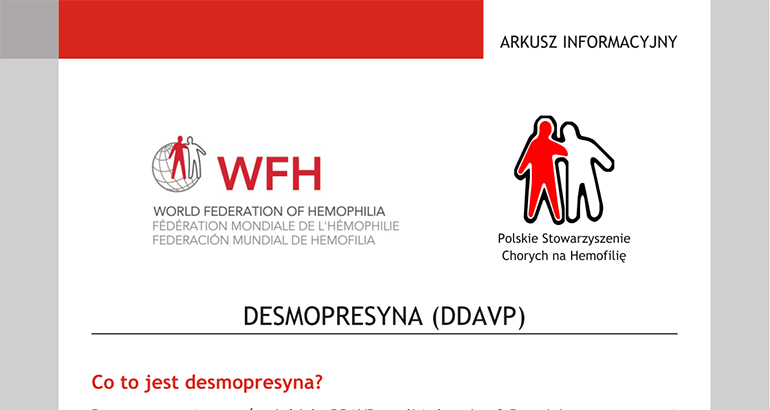
Also Available In: English, Spanish, French, Arabic, Russian, Simplified Chinese This is not an official WFH translation. This resource has been translated with permission by a WFH National Member Organization (NMO), and is shared here with their kind permission. Translating organizations are encouraged to have translations reviewed by local experts, the WFH is not responsible for […]
Young Voices
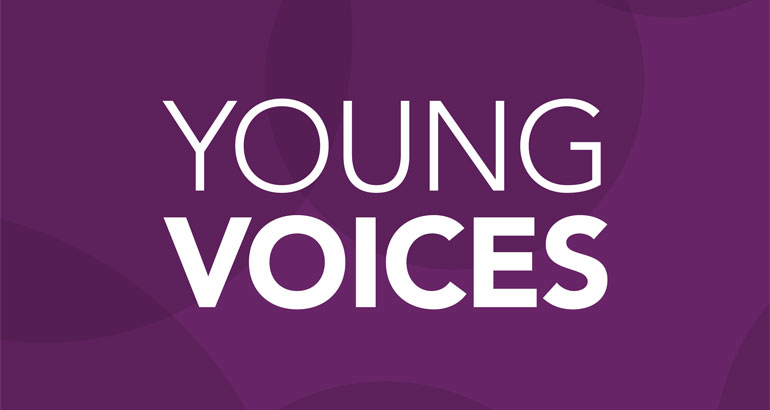
The strength of the WFH and of its national member organizations lies in the commitment of inspiring leaders who work every day towards advancing the common vision of Treatment for All. However, many patient organizations struggle to engage young adults within their communities and there is a need to inspire more active participation. Young Voices […]
Proceedings of the WFH’s Ninth WFH Global Forum on Research and Treatment Products for Bleeding Disorders
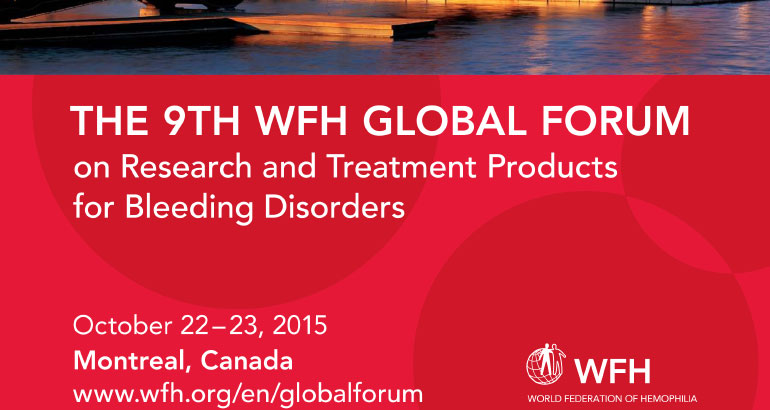
A summary of discussions held at the Ninth WFH Global Forum on Research and Treatment Products for Bleeding Disorders which brings together patient groups, healthcare providers, researchers, regulators, industry representatives, and not-for-profit fractionators.
Report on the Annual Global Survey 2014
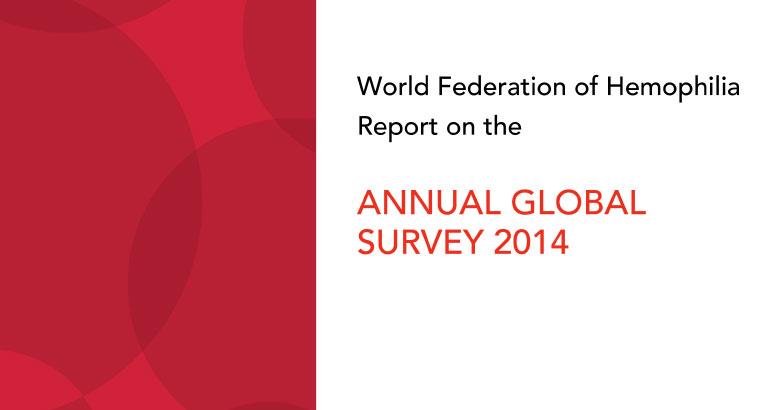
Compiled annually, the Annual Global Survey (AGS) provides demographic and other data on people with hemophilia, von Willebrand disease, other rare factor deficiencies, and inherited platelet disorders throughout the world.
Quality Data Collection
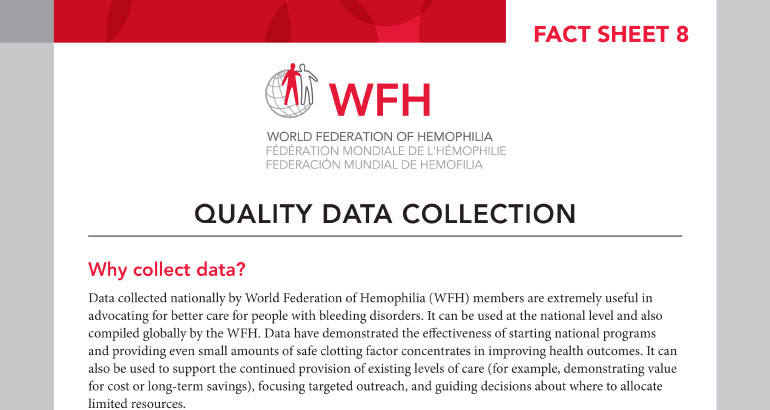
Quality data are extremely useful in advocating for better care for people with bleeding disorders. This Fact Sheet introduces the rationale for data collection, the criteria for quality data, the keys for successful quality data collection, and examples of how quality data collection can provide the foundation of effective advocacy.
Guide to National Tenders for the Purchase of Clotting Factor Concentrates
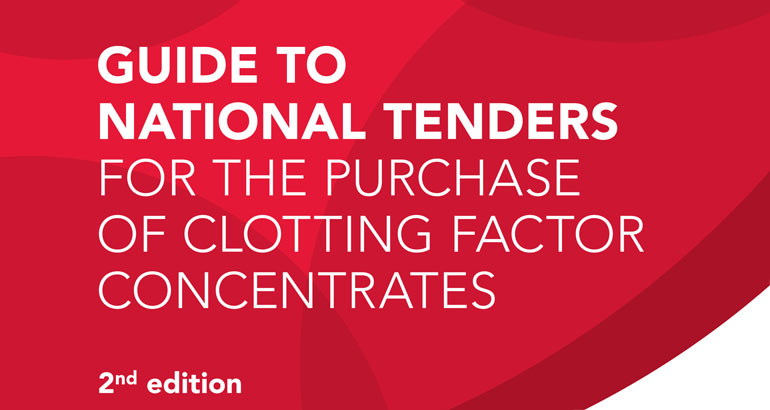
This guide explains how a national procurement system of factor concentrates can help to ensure that people with bleeding disorders have access to treatment which is not only sufficient in quantity, but also meets the required standards in relation to safety, efficacy, and quality. The second edition includes diverse case studies, discussion of prolonged half-life […]
Genetic Counselling for Hemophilia
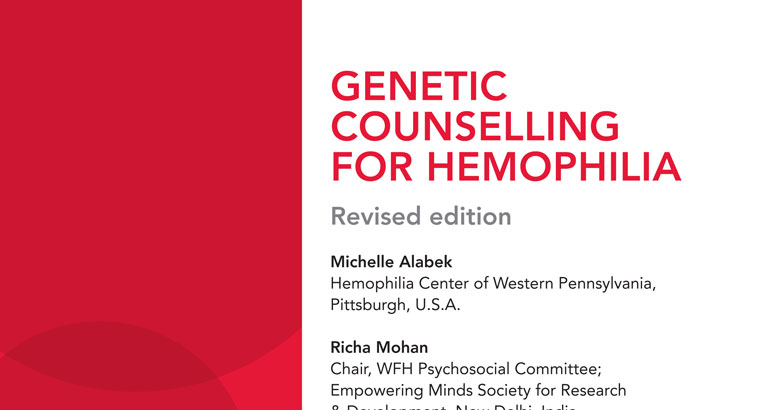
Genetic counselling constitutes an integral part of the comprehensive hemophilia care team providing people with hemophilia, and their families, clinical and scientific information, supporting individuals through the decision-making process regarding prenatal and carrier testing, and offering individualized psychosocial assessment and counselling before and after genetic testing. This resource introduces genetic counsellors, the genetic counselling process, […]
State of the Art XXXI International Congress of the World Federation of Hemophilia
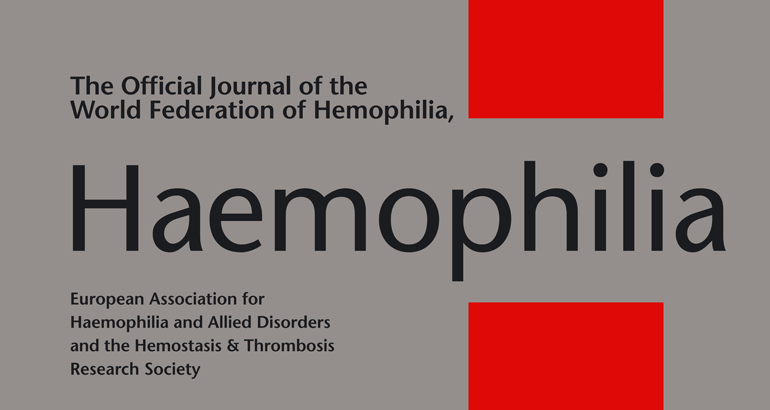
This special issue of Haemophilia contains reviews and original research reports from selected scientific sessions presented at the XXXI WFH Congress, Melbourne, Australia, 11-15 May 2014.
WFH 2014 World Congress – ePosters
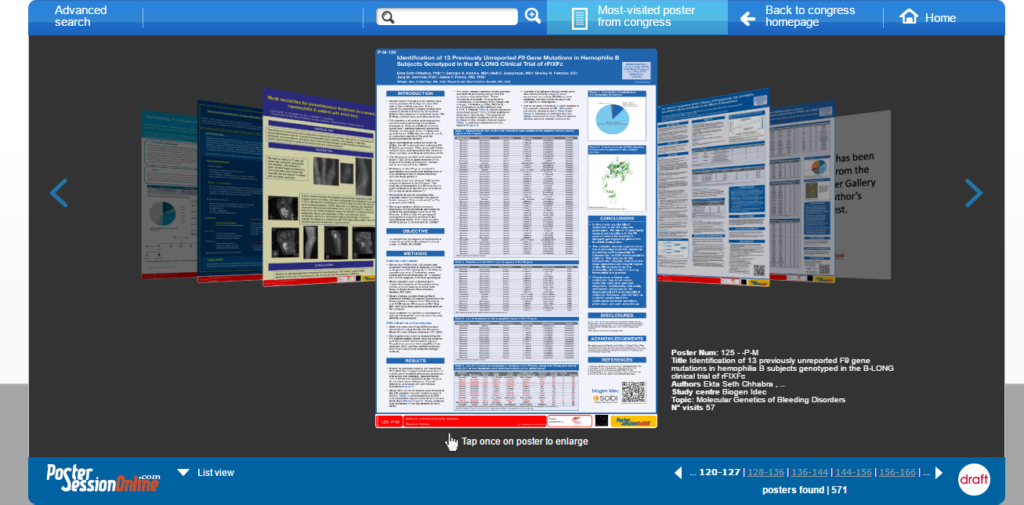
Compendium of Assessment Tools
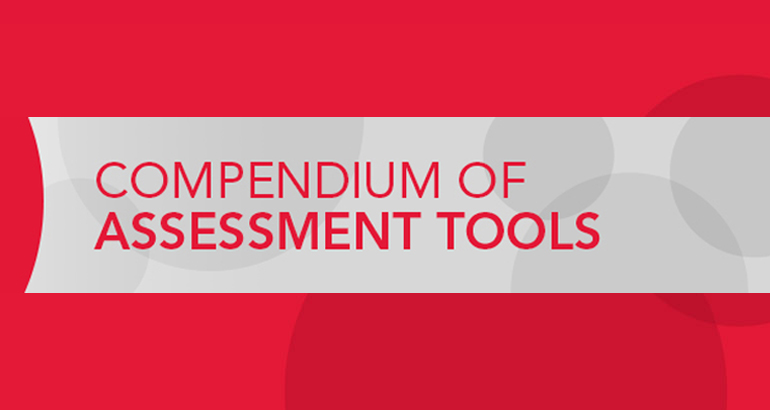
Hemophilia is a rare disease and its management is multi-faceted. With advances in medical care including prophylactic factor replacement, the need for outcome assessment tools that are valid, reliable, sensitive to change, and predictive has become increasingly apparent. Physical status (joint health), functional ability, bleeding symptoms, and quality of life can now be measured using […]
Report on the Annual Global Survey 2013
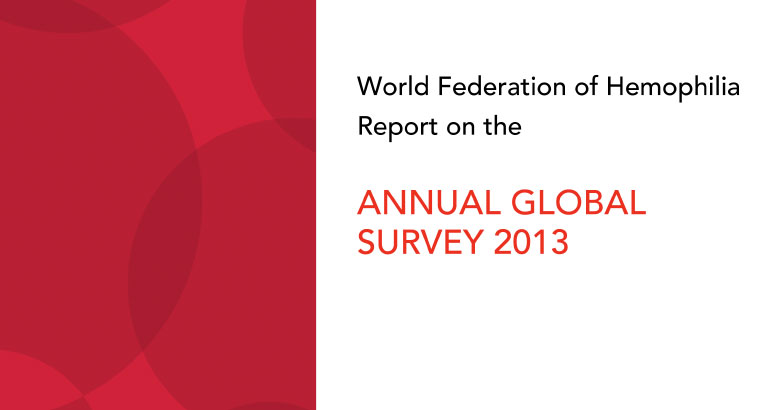
Compiled annually, the Annual Global Survey (AGS) provides demographic and other data on people with hemophilia, von Willebrand disease, other rare factor deficiencies, and inherited platelet disorders throughout the world.
